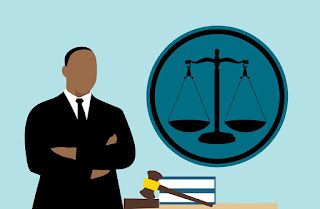T 1890/15 - Giving oral evidence, or replacing representative's pleading
In the present case, the patent proprietor (appellant) lodged an appeal against the decision of the opposition division revoking the European patent and requests oral submissions of a technical expert as accompanying person to explain the skilled person's understanding. The Board applies the criteria of G 4/95 and concludes that these were not complied with, and exercises its discretion referred to in G 4/95 by not permitting the technical expert as an accompanying person to make oral submissions.
Additionally, the Board deliberates whether the Enlarged Board in G 4/95, and specifically when considering that Art. 117 EPC did not provide a legal basis for hearing oral submissions by an accompanying person involving the presentation of facts and evidence, means that the Enlarged Board considered that an accompanying person, in particular a technical expert, gives oral evidence by way of making oral submissions at the oral proceedings, or merely presents (legal or technical) arguments in place of the presentation of the case (pleading) by the professional representative.
The Board concludes that should oral submissions by an accompanying person be considered and intended to be oral evidence comparable to a written statement ("affidavit") of said person, the same criteria as for the admission of late filed facts and evidence should apply.
Additionally, the Board deliberates whether the Enlarged Board in G 4/95, and specifically when considering that Art. 117 EPC did not provide a legal basis for hearing oral submissions by an accompanying person involving the presentation of facts and evidence, means that the Enlarged Board considered that an accompanying person, in particular a technical expert, gives oral evidence by way of making oral submissions at the oral proceedings, or merely presents (legal or technical) arguments in place of the presentation of the case (pleading) by the professional representative.
The Board concludes that should oral submissions by an accompanying person be considered and intended to be oral evidence comparable to a written statement ("affidavit") of said person, the same criteria as for the admission of late filed facts and evidence should apply.









